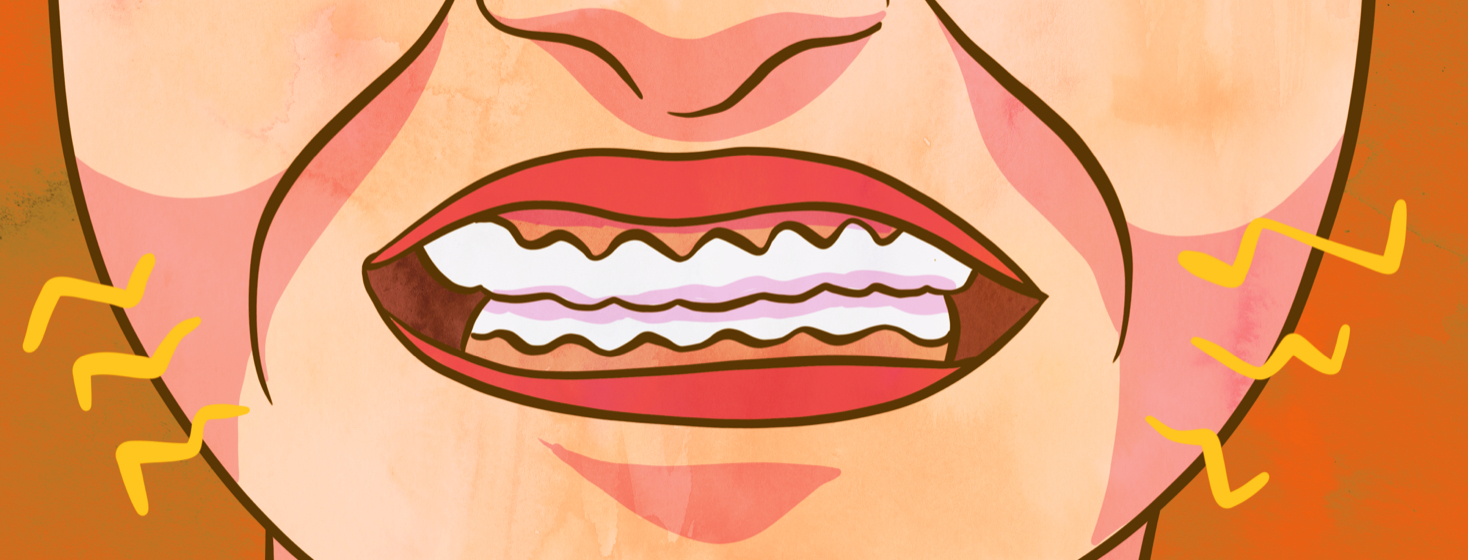Removing Wisdom Teeth While Dealing with Respiratory Issues
Around the time I got my g-tube, I also realized that I was having problems with my jaw and teeth. After I had braces as a teenager, I never had my wisdom teeth removed since they weren’t impacted or causing any pain.
But a few years ago my wisdom teeth started to come in crooked, pushing against my back molars. Not only was that painful, but it also affected my bite. Now only two of my teeth were touching, making it difficult to chew and obviously dangerous to swallow.
Use of an operating room at the hospital
I consulted with my pulmonologist because I knew I’d need to have my wisdom teeth removed in an actual operating room at the hospital so my breathing could be properly monitored. He then recommended an oral surgeon at the same hospital who had privileges to the OR.
It’s important to note that not all oral surgeons who remove wisdom teeth are affiliated with a hospital so they can use the OR.
Because my mouth couldn’t open very wide, the surgery took longer than normal since I had to be intubated and the surgeon also needed room to work. But the surgery was a success and now came the long road to recovery.
Recovering from wisdom teeth surgery with SMA
An issue with any oral surgery is the potential of dry sockets. This is why you can’t use a straw after removing your wisdom teeth, because the pressure could throw a clot.
My biggest question before the surgery was could I still use my BiPAP while healing? What about the cough assist machine? What is too much pressure?
BiPAP and cough assist considerations
Discussing with my oral surgeon and pulmonologist, it was decided that BiPAP would be okay but to not use cough assist for the first two weeks. Instead, my parents and nurses did extra manual chest PT so nothing settled in my lungs, especially considering I had extra secretions from the surgery and blood in my mouth.
For suctioning, we were careful to not go too far in the back of the mouth so we didn’t catch any stitches and used an extra skinny suction catheter.
Considerations around medication
Another thing we had to think about was medication. I’m not a huge fan of my g-tube but that was a time it definitely came in handy.
Prior to surgery, I asked the surgeon to prescribe the liquid version of any antibiotic or pain medicine I would need to take. If there wasn’t a liquid alternative, then making sure it was a pill that’s allowed to be crushed to go down my g-tube.
The process was a bundle of stress for two weeks until everything starts to heal and is back to normal. But to alleviate some of that stress, it’s important to find a team of doctors that’s familiar with each other and SMA and has a plan for any sudden problems.

Join the conversation